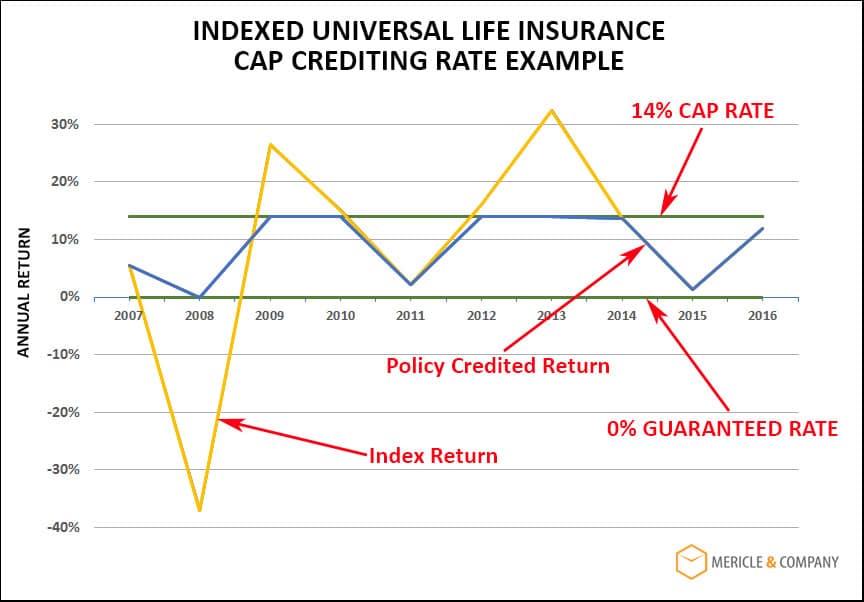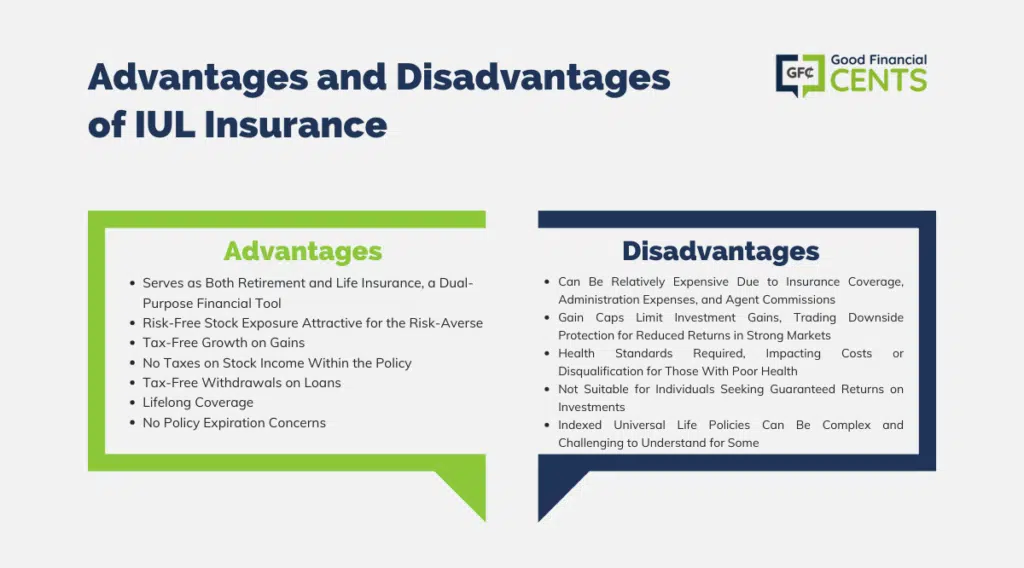All Categories
Featured
Table of Contents
Do they contrast the IUL to something like the Lead Overall Stock Market Fund Admiral Shares with no tons, an expenditure proportion (ER) of 5 basis points, a turnover ratio of 4.3%, and a remarkable tax-efficient record of circulations? No, they compare it to some dreadful actively taken care of fund with an 8% load, a 2% EMERGENCY ROOM, an 80% turnover ratio, and an awful record of short-term resources gain circulations.
Mutual funds frequently make yearly taxable circulations to fund proprietors, also when the worth of their fund has decreased in value. Mutual funds not only need revenue coverage (and the resulting yearly taxation) when the mutual fund is increasing in worth, however can additionally enforce income taxes in a year when the fund has dropped in worth.
That's not just how mutual funds work. You can tax-manage the fund, harvesting losses and gains in order to lessen taxed circulations to the investors, however that isn't in some way mosting likely to change the reported return of the fund. Only Bernie Madoff kinds can do that. IULs stay clear of myriad tax obligation catches. The ownership of mutual funds may require the shared fund proprietor to pay projected tax obligations.

IULs are simple to place to make sure that, at the proprietor's death, the recipient is not subject to either earnings or inheritance tax. The same tax obligation decrease strategies do not work virtually also with shared funds. There are many, usually pricey, tax obligation traps connected with the moment trading of shared fund shares, catches that do not relate to indexed life Insurance coverage.
Chances aren't really high that you're going to go through the AMT due to your mutual fund distributions if you aren't without them. The rest of this one is half-truths at best. While it is true that there is no earnings tax obligation due to your successors when they inherit the earnings of your IUL policy, it is additionally real that there is no earnings tax due to your beneficiaries when they acquire a mutual fund in a taxed account from you.
Equity Indexed Universal Life Policy
There are better means to prevent estate tax issues than purchasing financial investments with low returns. Mutual funds may create income tax of Social Safety benefits.

The development within the IUL is tax-deferred and may be taken as free of tax income using car loans. The plan owner (vs. the shared fund supervisor) is in control of his or her reportable revenue, therefore enabling them to reduce and even eliminate the tax of their Social Safety advantages. This set is wonderful.
Right here's an additional very little problem. It's real if you acquire a shared fund for claim $10 per share prior to the circulation date, and it disperses a $0.50 distribution, you are then going to owe tax obligations (possibly 7-10 cents per share) although that you haven't yet had any kind of gains.
In the end, it's truly concerning the after-tax return, not exactly how much you pay in taxes. You're additionally most likely going to have more cash after paying those tax obligations. The record-keeping demands for possessing mutual funds are dramatically a lot more intricate.
With an IUL, one's documents are kept by the insurance provider, duplicates of annual statements are sent by mail to the owner, and circulations (if any kind of) are amounted to and reported at year end. This is also kind of silly. Certainly you ought to keep your tax obligation records in case of an audit.
Indexed Universal Life Insurance Policy
Barely a reason to purchase life insurance policy. Shared funds are generally part of a decedent's probated estate.
On top of that, they undergo the hold-ups and costs of probate. The proceeds of the IUL policy, on the other hand, is constantly a non-probate distribution that passes beyond probate directly to one's named beneficiaries, and is consequently exempt to one's posthumous lenders, unwanted public disclosure, or comparable delays and costs.
We covered this set under # 7, but simply to recap, if you have a taxed shared fund account, you need to put it in a revocable trust fund (and even much easier, use the Transfer on Fatality designation) to avoid probate. Medicaid disqualification and life time revenue. An IUL can give their proprietors with a stream of revenue for their entire lifetime, despite the length of time they live.

This is valuable when arranging one's events, and transforming properties to earnings prior to an assisted living home arrest. Common funds can not be converted in a comparable manner, and are generally taken into consideration countable Medicaid properties. This is an additional dumb one supporting that inadequate individuals (you recognize, the ones that need Medicaid, a government program for the inadequate, to pay for their assisted living facility) ought to use IUL instead of shared funds.
Life Insurance Stock Index
And life insurance policy looks terrible when compared fairly versus a retired life account. Second, individuals who have cash to purchase IUL over and beyond their pension are mosting likely to have to be dreadful at handling money in order to ever before get approved for Medicaid to pay for their nursing home expenses.
Chronic and terminal illness cyclist. All plans will allow an owner's simple access to cash money from their policy, usually forgoing any type of surrender penalties when such people experience a significant disease, require at-home care, or come to be restricted to a retirement home. Mutual funds do not provide a similar waiver when contingent deferred sales charges still relate to a common fund account whose owner needs to market some shares to fund the expenses of such a keep.
Iul Life Insurance Canada
Yet you reach pay even more for that benefit (biker) with an insurance coverage plan. What a good deal! Indexed global life insurance provides fatality advantages to the beneficiaries of the IUL proprietors, and neither the owner nor the recipient can ever before lose cash as a result of a down market. Common funds give no such guarantees or death advantages of any kind of kind.
Now, ask yourself, do you in fact require or want a survivor benefit? I certainly do not require one after I get to economic freedom. Do I desire one? I expect if it were affordable enough. Of program, it isn't cheap. Generally, a buyer of life insurance coverage pays for the true cost of the life insurance policy benefit, plus the costs of the plan, plus the earnings of the insurance provider.
Universal Insurance Usa
I'm not entirely certain why Mr. Morais tossed in the entire "you can not lose money" once more here as it was covered rather well in # 1. He just wished to repeat the ideal marketing point for these points I mean. Again, you don't lose small bucks, however you can shed real bucks, along with face severe opportunity price because of low returns.

An indexed global life insurance policy owner might exchange their plan for a completely different policy without activating income taxes. A mutual fund owner can stagnate funds from one mutual fund firm to one more without marketing his shares at the former (thus setting off a taxable occasion), and repurchasing new shares at the latter, typically subject to sales charges at both.
While it holds true that you can exchange one insurance plan for an additional, the factor that people do this is that the initial one is such a dreadful policy that even after buying a new one and experiencing the very early, adverse return years, you'll still come out in advance. If they were sold the ideal policy the very first time, they should not have any kind of wish to ever trade it and undergo the very early, unfavorable return years once again.
Latest Posts
Iul Benefits
The Difference Between Whole Life And Universal Life Insurance
Cap Life Insurance